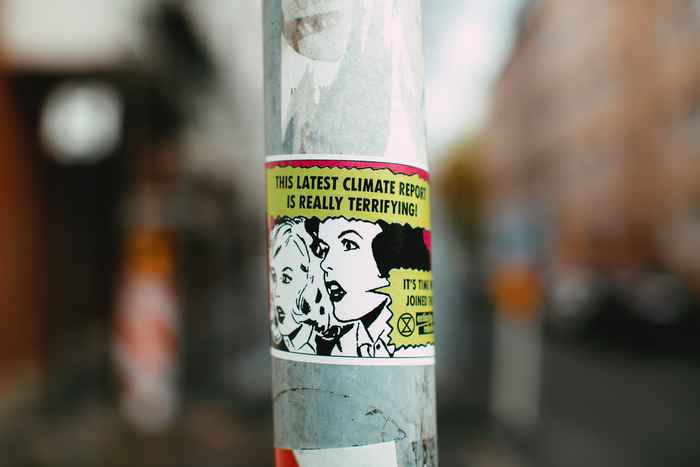Podcast on climate (in)justice
In a world increasingly confronted with the dire consequences of climate change, climate justice is more relevant than ever. What does this mean for our rights? What will our world look like when nature is given rights of its own? And how should law education respond to this? We discussed it in our podcast series on climate (in)justice!
